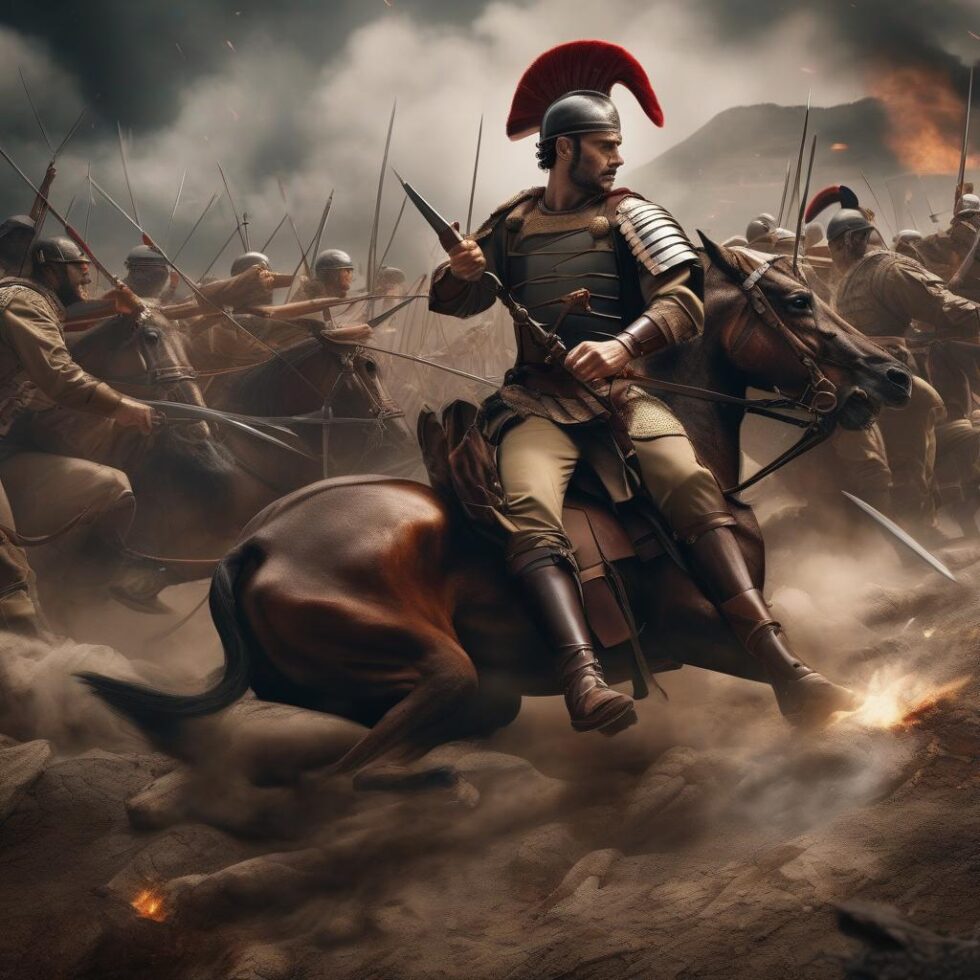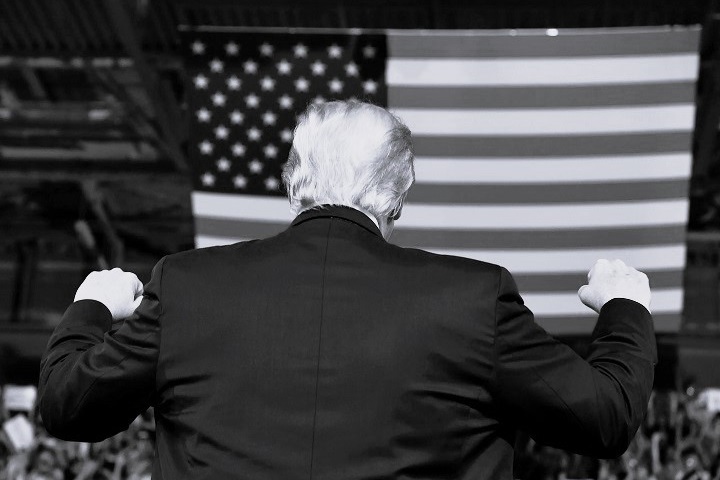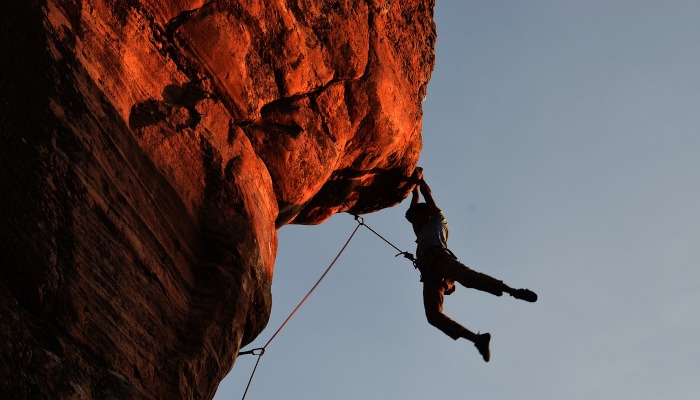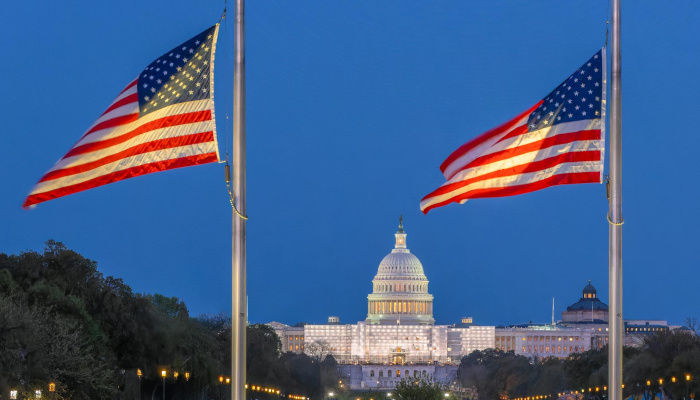
America needs a comprehensive strategy to address the current global challenges. Without it, even short-term gains may turn into severe medium and long-term setbacks
On Sunday, Pope Leo XIV, the head of the Catholic Church, a beacon of Christianity, and a continuity with ancient Rome, is inaugurated. The Church’s long-term view helped it survive for two millennia. The US perhaps needs to think long-term, as its challenges can’t be fixed overnight.
The USA is taking or announcing a series of measures that, if not comprehensively coordinated with allies, could undercut American power worldwide and lead to unforeseen consequences.
In 1453, the Turks took Constantinople and cut off the Silk Road to the Mediterranean. The Genoese, Constantinople’s former prominent supporters, turned to the Portuguese and eventually the Spaniards, convincing them to try to go around the Turks. They discovered America, changed the world, and ultimately contributed to the decline and fall of the Turkish Empire.
More recently, half-baked sanctions against Russian oil prompted Moscow to set up a phantom fleet of oil tankers and led to a massive oil trade through India. Moscow’s exclusion from the US SWIFT payment system may have encouraged the Chinese to establish their alternative, CIPS, which helped Russia circumvent SWIFT.
The story’s moral is that you must think thoroughly about whatever steps you want. The adversary will react with a series of moves and countermoves. Like chess, the winners think farther ahead, and nobody wins without sacrificing a few pieces.
Now, America threatens new sanctions against Russian oil, but they will be ineffective if there is no broad agreement with the US allies to support them. If the US can’t carry them out properly, it shouldn’t even start; if there isn’t a broad consensus, it shouldn’t announce them. Otherwise, it only makes the market jittery and prompts Russia to try out countermeasures.
A similar pattern can be seen in recent news: reportedly, rogue communication devices have been found in Chinese solar power inverters. These devices can “skirt firewalls, switch off remotely, or change their settings, which could destabilize power grids, damage energy infrastructure, and trigger widespread blackouts.”[1]
What is America going to do about these communication devices? Will it shut down all Chinese electric power plants off the grid? Or will it simply keep them connected? Leaking the news without acting threatens China, but Beijing might interpret it as a sign of US weakness because the US didn’t act. The American public could panic, but if the administration doesn’t act, it risks becoming numb and eventually accepting China’s influence over the US.
Appia
More radically, there is the issue of China’s Belt and Road Initiative (BRI). The key to BRI is the combination of land routes and sea lanes, much like the Roman Empire’s strategy of controlling the Mediterranean Sea and building a network of roads that remains in place today, starting with the Via Appia. It was a binary approach. China pursued the new virtual economy but didn’t forget industry—in fact, it became the ‘world’s factory.’
In contrast, the US drove into the virtual economy but lost its industrial base and now needs to re-industrialize. Similarly, the US controls and values sea lanes but has neglected land routes, just as it did with its industry. The US needs land routes and corridors. The IMEC (India-Middle East-Europe Economic Corridor) is one example, but it’s far from enough. Yet, there is no plan to develop a similar global network, as I discussed here.
America must reset its economic order, which may, in part, require increasing its state’s income—more taxes are needed. England won the Napoleonic Wars partly due to its superior financial system and effective taxation.
With its semi-closed market, semi-open currency, and lack of opposition among its entrepreneurs, China can concentrate financial power in ways America cannot. Historically, systems held by a Res Publica (Rome, the Italian republics, Holland, England, and the US) are far more resilient than authoritarian systems. Polybius wrote about Rome’s fight with Hannibal for 15 years (218 to 203 BC). The city repeatedly found ways to beat the formidable Carthaginian enemy. Still, its democratic system changed the consuls, taking away power from Scipio, who first won over Hannibal, all while Hannibal remained at the helm of the army.
Only at last did it return power to Scipio, who defeated Hannibal at Zama, emulating Atilius Regulus’s achievement half a century earlier. Scipio, like Regulus, attacked Africa and improved the strategy with Hannibal’s wiles, turning Carthage’s allies against their former master.
Polybius’s careful history proved the invincibility not of a man, Hannibal, but of a political system, the Roman Res Publica, which could not be broken despite the many defeats. Yet, if the Res Publica had been broken, everything would have been lost.
Surely, China can draw a different history lesson. Just at the time when Rome battled Carthage, The first emperor Qin Shi Huangdi, a totalitarian, unified ancient China (221 BC). Certainly, China knows a totalitarian system. It doesn’t know a democracy. However, the US is the other way around, and autocracy is not much simpler than democracy.
Perhaps there is a lesson for Washington, Moscow, or Beijing here.
[1] https://www.reuters.com/sustainability/climate-energy/ghost-machine-rogue-communication-devices-found-chinese-inverters-2025-05-14/









